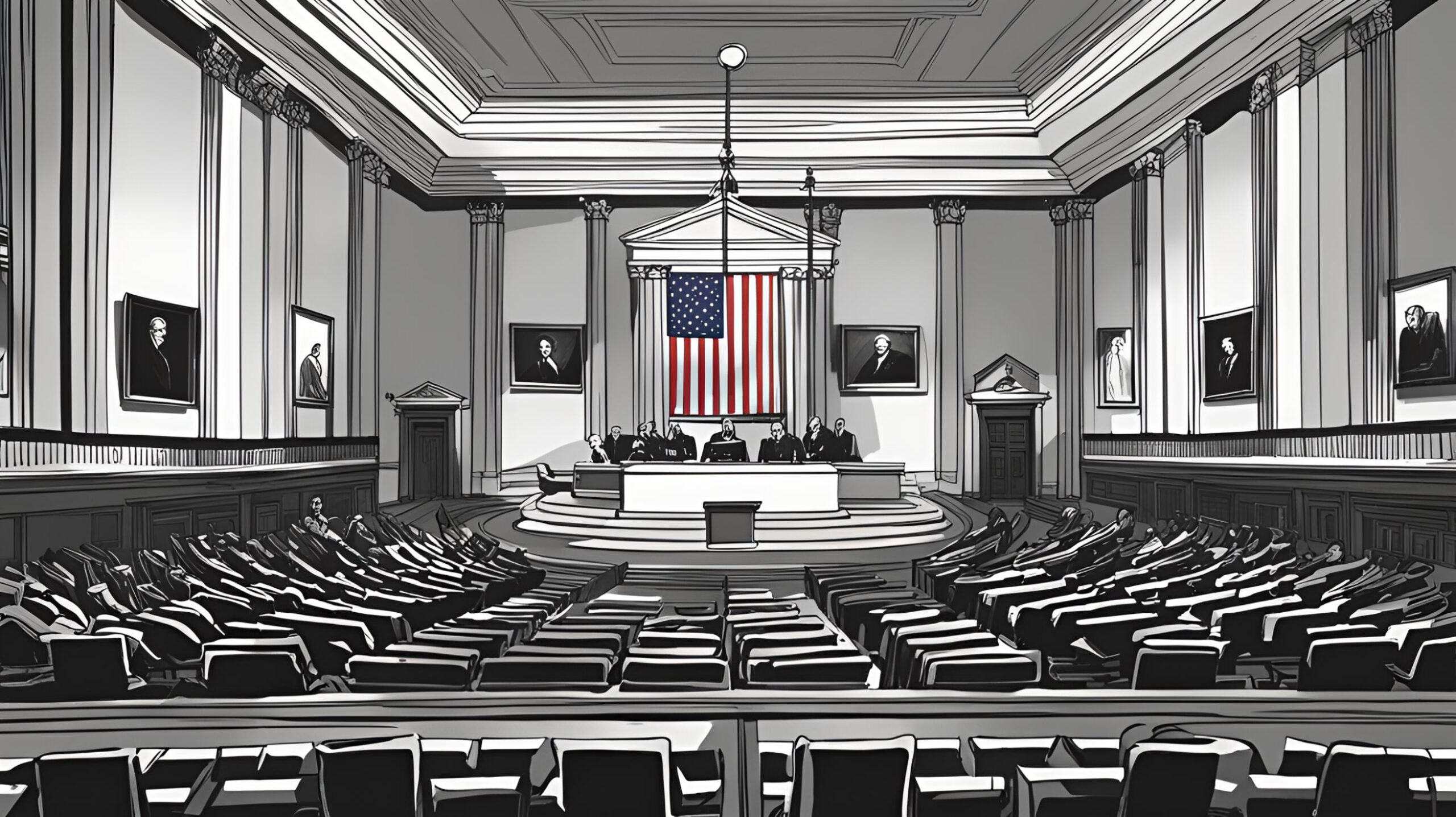Flashback to July 13
American History

On November 19, 1919, a significant event took place by which the US Senate dramatically dismissed the Treaty of Versailles and the League of Nations in a 55-39 vote. The decision sent shockwaves across political landscapes, causing a sea change in not only the United States’ domestic situation but also its relationships with the rest of the world.
The Treaty of Versailles, born out of the aftermath of the First World War, sought to establish peace terms amongst the war-ravaged nations. Alongside this, the proposal for the League of Nations, a hopeful beacon for global peace and unity, was on the table. However, these brave new ideas met with stern opposition in the US Senate.
The reasons for the US Senate rejecting the Treaty of Versailles and the League of Nations were complex and manifold. Primary among these was the ‘America First’ doctrine which was deeply rooted in the country’s foreign policy. The Senate’s stance represented a return to isolationism, to maintain the United States’ freedom from a seemingly European problem. This was particularly championed by Republicans, largely skeptical about entangling the country in globally binding agreements that could potentially limit America’s sovereignty and autonomy on the world stage.
The vote on November 19, 1919, was a clear reflection of this sentiment. A majority of 55 votes against the Treaty of Versailles and the League of Nations, as compared to 39 in favor, signified a powerful ideological shift. This rejection was not confined to a single event, but rather set the tone for America’s approach towards international interventions and global governance for several years to come.
The opposition to the League of Nations was also heavily influenced by political rivalry. This was particularly evident in the contentious relationship between President Woodrow Wilson, a Democrat, who was a staunch supporter of the League, and Senator Henry Cabot Lodge, a Republican, who was openly critical of Wilson’s internationalist outlook. This political jostling significantly impacted the Senate’s vote on the League of Nations and created a deep bipartisan divide that transcended beyond the usual dimensions of party politics.
The consequences of the US Senate’s rejection of the Treaty of Versailles and the League of Nations were far-reaching. It put further pressure on the already fragile League, ultimately leading to its failure and subsequent dissolution. Furthermore, the absence of the United States from this peace pact resulted in an imbalance of power, paving the way for potential future confrontations and laying the groundwork for the Second World War.
Simultaneously, this decision marked the dawn of American isolationism, a policy that greatly colored America’s political strategies for many following years. The country took a backseat on issues of international politics and conflict, significantly influencing its approach to foreign policy.
We strive for accuracy. If you see something that doesn't look right, click here to contact us!
Sponsored Content

C Torres discovers asteroid…
On July 13, 1972,…

Oscar J Dunn, former…
On July 13, 1868,…

Henry Rowe Schoolcraft discovers…
On July 13, 1832,…

US Democratic National convention…
The US Democratic National…

New York City experiences…
On July 13, 1977,…

Anti-draft mobs lynch blacks…
The "Anti-draft mobs" in…

